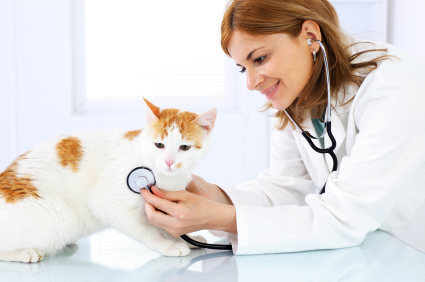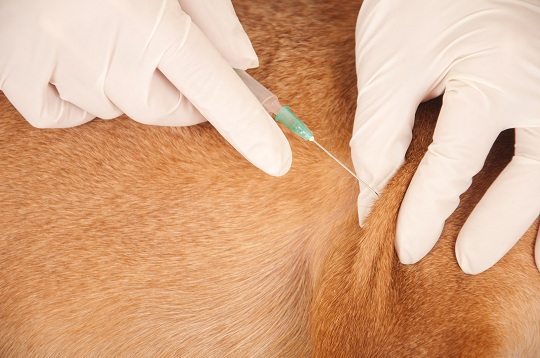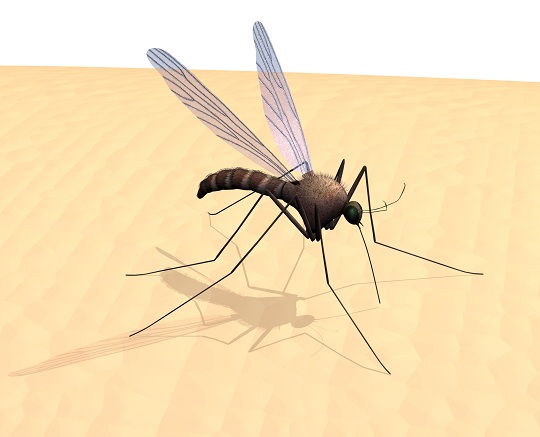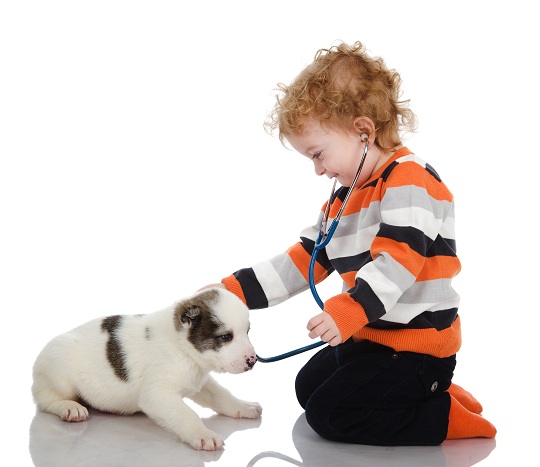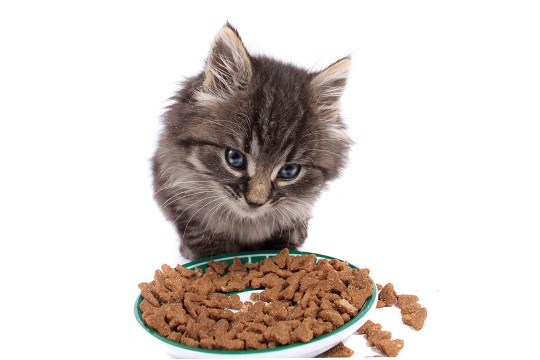There could be many reasons why your cat is constantly sneezing and coughing. It may only be a minor problem, or it may be a serious condition. This article outlines some possibilities for what may be wrong with your cat, but it is recommended that you take your cat to a local veterinarian if the problem continues.
Rhinotracheitis (Herpes-1)
Rhinotracheitis is most common in cats recently obtained from a shelter, but it is possible for a household cat to contract it as seemingly healthy cats can be carrying the disease. Signs include sneezing, watery eyes, listlessness, declining appetite and occasionally coughing. The disease is not deadly; letting your cat rest and feeding it chicken soup is an effective way to get rid of the disease. Your veterinarian can also prescribe you some antibiotics that can prevent your cat from developing any more serious complications from the disease. If you are worried about your cat not eating, you can feed them through a dropper, or try feed them pungent foods like sardines or tuna. Vaporizers, steam, and nasal decongestants can be helpful for dealing with your cat’s congestion.
Migrating Hookworm and Roundworm Larva
Young kittens in unsanitary conditions may accidentally eat a hookworm or roundworm larva, an egg that burrows in their stomach or intestine, which can cause a cough once the hookworm or roundworm matures. This can be prevented by keeping the environment sanitary.
Heartworm Disease
Heartworms are transmitted to your cat through mosquito bites. They are more common on dogs, but they can be found on cats as well. Heartworms damage the heart and cause inflammatory damage to the lungs. In cats, the symptoms of heartworm disease can appear similar to asthma. Your veterinarian can give your cat an injection or a monthly heart worm preventative to kill the heartworms. However, the damage to the heart cannot be repaired.
Congestive Heart Disease
If your older cat is coughing frequently and their gums appear blueish-gray then they probably have heart disease. To treat heart disease your veterinarian can place your cat on the diuretic furosemitide, and you can place your cat on a sodium restricted diet.
Lung Tumors
Older cats may develop tumors in their lungs. Heavy coughing, possibly coughing up blood and phlegm is a sign that this the problem. Unfortunately, there is not much that can be done for cats with tumors in their lungs. There is some chemotherapy available for animals, but it is not very effective and will only lengthen their life span a short bit while causing them much suffering. However, your veterinarian can provide you with cough suppressants, steroids, and bronchodilators that will improve your cats remaining life as much as possible.
Lungworms
Cats can obtain lungworms by eating birds or rodents that have eaten an infected snail or slug. Lungworms will cause coughing and an increased white blood cell count. Your veterinarian can treat a cat infected with lungworms with fenbendazole.
Bartonella
Bartonella is a bacteria that can cause a wide range of diseases and symptoms in cats. If the cause of your cat’s coughing and sneezing remains unclear, your veterinarian can run a test for Bartonella. Your vet can also treat your cat’s Bartonella will azithromycin, doxycycline, or rifampin.
These are just a few conditions that can cause coughing or sneezing in your cat. It is highly recommended that you take your cat to your local veterinarian to get them checked out by a professional. If you do not already have a veterinarian for you cat, you can use TalkLocal to find a high quality veterinarian in your area that is willing to help.

